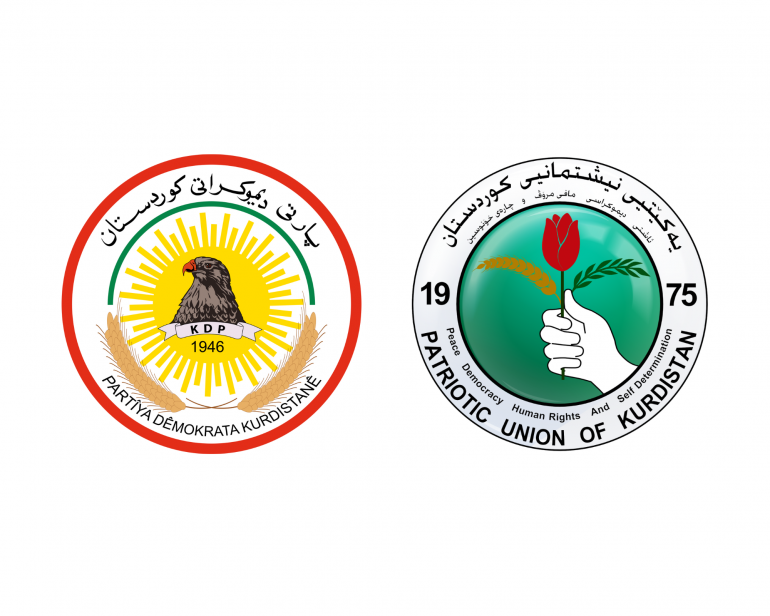Over the past two years, the relationship between historic rivals and government partners, the Kurdistan Democratic Party (KDP) and the Patriotic Union of Kurdistan (PUK) has been notably strained. Six primary factors contribute to this tension: financial disputes, disagreements regarding key government appointments, differences in alliances and attitudes towards Baghdad, the scheduling and execution of regional elections, PUK’s disapproval of KDP’s support for ousted PUK co-leader Lahur Talabany, and finally, “security disputes,” particularly with reference to the assassination of Hawkar Jaff in Erbil in 2022.
Tensions in any of these areas pose a significant risk to the existing understanding between the PUK and KDP. Disagreements in one sector often cascade into other areas, creating a vicious cycle of escalation from both parties.
The decision by an Erbil court in February declaring Lahur Talabany as the co-president of PUK illustrates this dynamic. The announcement not only terminated ongoing negotiations between the KDP and PUK but also quashed any prospects of reaching a compromise on the elections law.
After months of sustained pressure from foreign partners and weeks of private negotiations between the two sides, the PUK and KDP finally agreed on a comprehensive pact in May. This agreement, announced amid much celebration, promised mechanisms to resolve financial disputes, modify key government posts, settle disagreements over regional elections, and address “security disputes.”
The agreement was formalized during the regular Council of Ministers’ meeting on May 15th, which saw Qubad Talabani attend for the first time in 6 months. However, just a week later, the KDP’s parliamentary faction held a surprise press release publicly demanding the reactivation of the election commission. The PUK, holding the position of Speaker of Parliament, unsurprisingly disagreed. This led to a now-infamous scuffle among KDP and PUK MPs, resulting in the forced activation of the electoral commission by the KDP on 22 May.
This event was the first challenge to the agreement.
Despite ensuing threats and harsh statements from both sides, the agreement has generally held. However, tension over elections soon bled into other areas when the Iraqi Finance Committee, with PUK’s endorsement, passed controversial amendments to articles in the draft budget law concerning Kurdistan. This act not only curtailed the Kurdistan Regional Government’s (KRG) authority, but it also allowed provinces (especially PUK-controlled Sulaymaniyah) to receive a separate budget from Baghdad if they felt wronged by the KRG (controlled by the KDP).
This development cast doubt on the May agreement, signalling PUK’s distrust of KDP regarding financial commitments to Sulaymaniyah. It also indicated PUK’s preference for its anti-KDP alliances in Baghdad over KRG’s interests.
In a break from previous restraint, high-ranking leaders voiced their concerns. In a dramatic address to farmers, Masrour Barzani condemned the “treasonous forces inside Kurdistan that work against its interest.”
This tense atmosphere set the stage for today’s events in Erbil. With the execution sentences in absentia for Wahab Halabjayee and five other PUK military officials issued by an Erbil court today, disagreements have now extended into “security issues.” This has further undermined the May deal, which stipulated the formation of a joint committee to handle such matters. The way forward is uncertain. However, these developments not only suggest that the agreement has been irreparably damaged, but they also hint at the potential for further escalation on both sides.


